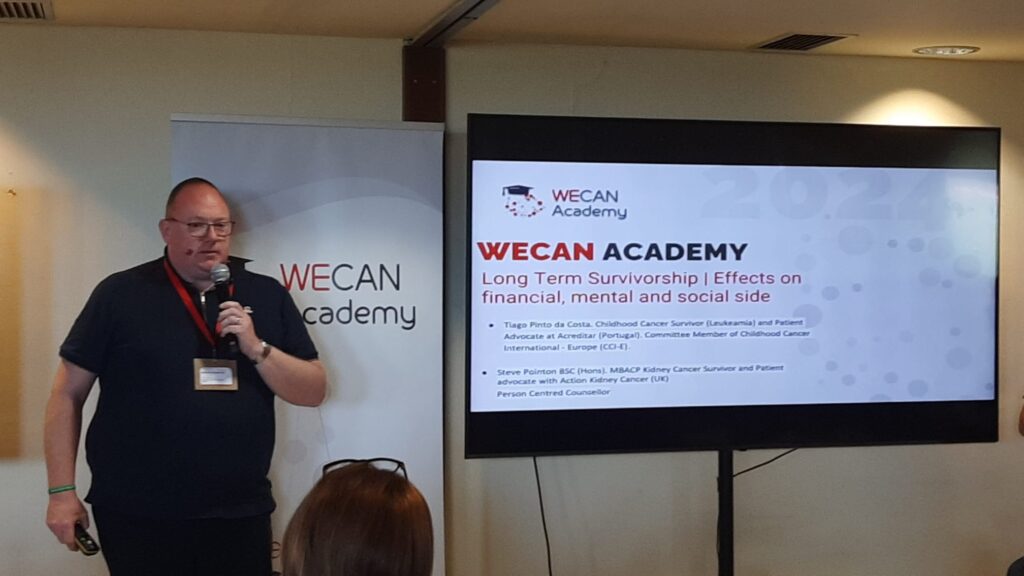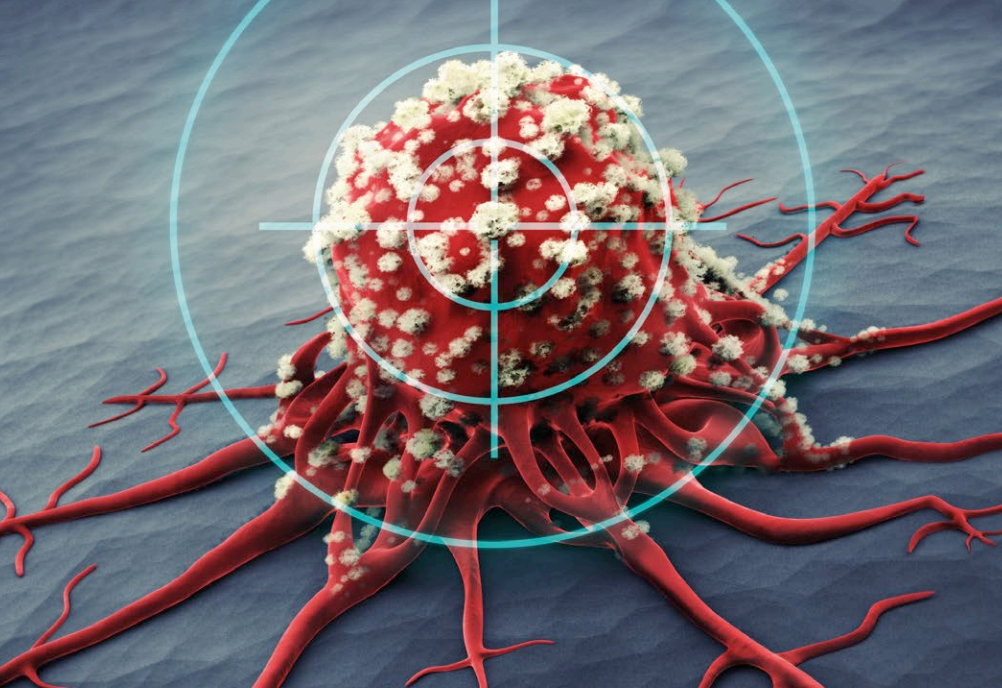Share this Page:
Sarcomatoid renal cell carcinoma (sRCC) is a rare and aggressive form of RCC in which the cells in the tumours look like the cells of a sarcoma (cancer of connective tissue such as muscles, nerves, fat, blood vessels etc.). Patients with metastatic RCC with sarcomatoid features are difficult to treat and do not respond well to anti-angiogenic targeted therapy, such as sunitinib and pazopanib. This study compares the outcomes for patients with sarcomatoid RCC who were treated with immunotherapy (including high dose interleukin 2) with those who did not receive immunotherapy.
There were 44 patients in the study; 34 were treated with immunotherapy and 10 were not. The patients treated with immunotherapy had a median overall survival of 57.6 months compared to 6.6 months for the patients not treated with immunotherapy. Response of the tumour to treatment was 35.3% for the group on immunotherapy treatment. When immunotherapy was given as a first-line treatment, the response rate was 25%, compared to 44.4% when given in the second-line and beyond. Immune-related side effects occurred in 38.2% of patients in the immunotherapy group, 20.6% of which were severe (mostly gastrointestinal). There were no life-threatening side effects or deaths due to side effects. Immunotherapy was interrupted or discontinued in about a quarter of patients due to immune-related side effects.
This study supports the use of immunotherapy as an effective treatment option for patients with metastatic sarcomatoid RCC. Further clinical trials of various immunotherapy treatments, including interleukin-2, are needed in patients with sarcomatoid RCC.













